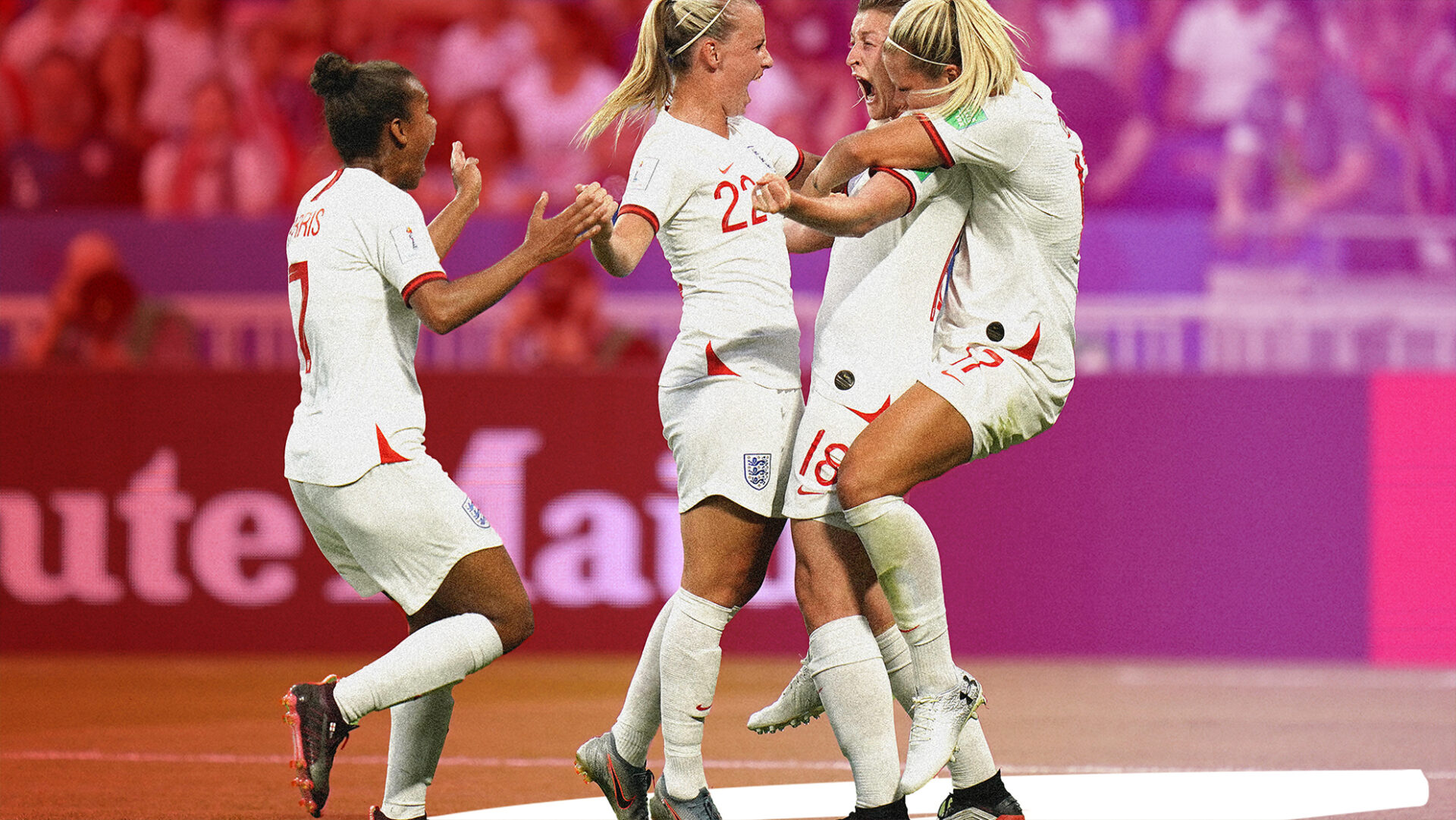2022: the year that football finally came home
The triumphant roar of the Lionesses has provided the wake-up call that the game needs
By Nick Reilly

If you tuned into BBC One on the morning of 1 August, you’d have seen a team of young female footballers sporting all the signs of a heroic hangover for the ages. Behind the comforting shield of a bucket hat and sunglasses, 25-year-old Leah Williamson spoke for the whole group when she admitted to feeling a “little rough”. In fairness, Williamson and her mates had every reason to overdo it the night before. Less than 24 hours previously, she had captained England to victory against Germany at Euro 2022.
After all those (50-plus) years of hurt, the Lionesses made it possible for football, at long last, to come home. Williamson may have led the team out onto the hallowed Wembley turf for that final, but it was goals from Ella Toone and Chloe Kelly that ensured the beautiful game could return to its spiritual base. Including extra time, the game lasted for just 110 nail-biting minutes against the old enemy, but the impact and, we hope, legacy of their victory will continue for far longer.
Firstly, there’s the fact that it all just felt a bit nicer than the Euro 2020 final of the previous year. There were no fireworks being shoved up bottoms in Leicester Square, no mass violence on Wembley’s Olympic Way and, thankfully, no vile racist abuse directed at players who had given their all. Instead, it felt like an inclusive, all-welcoming celebration that gave women’s football in the UK its long overdue moment in the sun. Now, it’s up to the powers that be to build on that success and ensure that the women’s game has a bright future.
A new FA initiative called Inspiring Positive Change is at least offering promising signs. It is looking to boost attendances and, at a grassroots level, aiming for every primary school to offer equal access for boys and girls to play football, and for the sport to be played at all single-sex schools by September 2023. Speaking at the Labour Conference, Gary Neville suggested that the astronomical money in the men’s game could be used to put the women’s on a more level footing. “My mum was stopped from playing in the 70s for a school team and my brother was the manager of the England women’s team for four years. My sister has fought for equal funding through Sport England for netball for many, many years. How can we be in 2022 still fighting for funding for equal pay, for equal investment into women’s sport?”
Here’s hoping that the triumphant roar of the Lionesses has provided the wake-up call that the game needs.
Taken from the December/January 2023 issue of Rolling Stone UK. Read the rest of our essays reviewing 2022 here.
